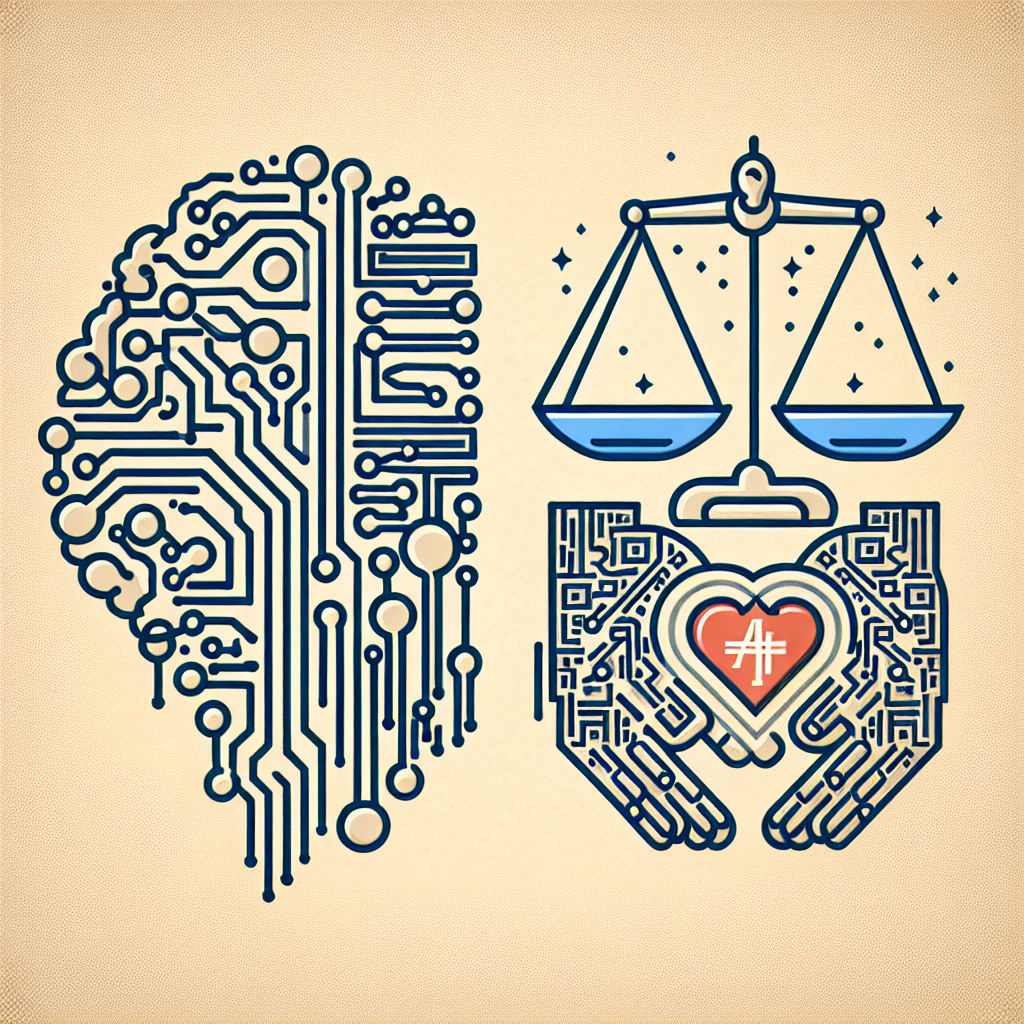AI in Social Services: Improving Support for Vulnerable Populations
Artificial Intelligence (AI) is revolutionizing the way social services are provided to vulnerable populations around the world. From predictive analytics to chatbots, AI technologies are being used to improve efficiency, accuracy, and accessibility of support services for those in need. In this article, we will explore how AI is being used in social services to enhance the quality of care and support for vulnerable populations.
AI in Social Services
AI technologies are being used in a variety of ways to enhance social services for vulnerable populations. One of the key areas where AI is making a significant impact is in predictive analytics. By analyzing large amounts of data, AI algorithms can predict trends and patterns in social service needs, allowing agencies to allocate resources more effectively and provide targeted support to those who need it most.
For example, AI can analyze data on homelessness rates, poverty levels, and other social determinants of health to identify communities that are at high risk of experiencing homelessness. By identifying these communities early on, social service agencies can intervene proactively to provide support and resources to prevent individuals and families from becoming homeless.
AI is also being used to improve the accuracy of eligibility determinations for social service programs. By automating the process of verifying income, residency, and other eligibility criteria, AI can reduce errors and delays in determining eligibility for programs such as food assistance, housing subsidies, and healthcare coverage. This not only improves the efficiency of social service delivery but also ensures that individuals receive the support they are entitled to in a timely manner.
Another way AI is being used in social services is through chatbots and virtual assistants. These AI-powered tools can provide information and support to individuals in need, answering questions, providing resources, and connecting individuals to appropriate services. Chatbots can be especially helpful for individuals who may be hesitant to reach out for help in person, providing a non-judgmental and confidential way to access support.
AI technologies are also being used to improve the quality of care for vulnerable populations. For example, AI-powered tools can analyze medical records and other health data to identify individuals who are at high risk of developing chronic conditions such as diabetes or heart disease. By identifying these individuals early on, social service agencies can provide targeted interventions to prevent or manage these conditions, improving health outcomes and reducing healthcare costs.
FAQs
Q: Is AI in social services replacing human workers?
A: While AI technologies are automating certain tasks in social services, such as eligibility determinations and data analysis, they are not replacing human workers. Instead, AI is augmenting the work of human service providers, allowing them to focus on more complex and impactful aspects of their work, such as building relationships with clients and providing personalized support.
Q: Are there concerns about privacy and data security with AI in social services?
A: Privacy and data security are important considerations when implementing AI technologies in social services. Agencies must ensure that data is collected and stored securely, and that individuals’ privacy rights are protected. Transparent policies and procedures should be in place to govern the use of AI technologies and the sharing of data with third parties.
Q: How can AI be used to address bias and discrimination in social services?
A: AI technologies have the potential to reduce bias and discrimination in social services by standardizing decision-making processes and removing human judgment from certain tasks. However, it is important to be mindful of biases that may be present in the data used to train AI algorithms, as well as biases that may be introduced through the design and implementation of AI systems. Agencies should regularly evaluate and monitor AI systems to ensure that they are fair and equitable in their outcomes.
In conclusion, AI technologies are transforming the way social services are provided to vulnerable populations, improving efficiency, accuracy, and accessibility of support services. By leveraging AI in predictive analytics, eligibility determinations, chatbots, and virtual assistants, social service agencies can better identify individuals in need, provide targeted support, and improve the quality of care for vulnerable populations. However, it is important to address concerns about privacy, data security, and bias to ensure that AI technologies are used responsibly and ethically in social services.

